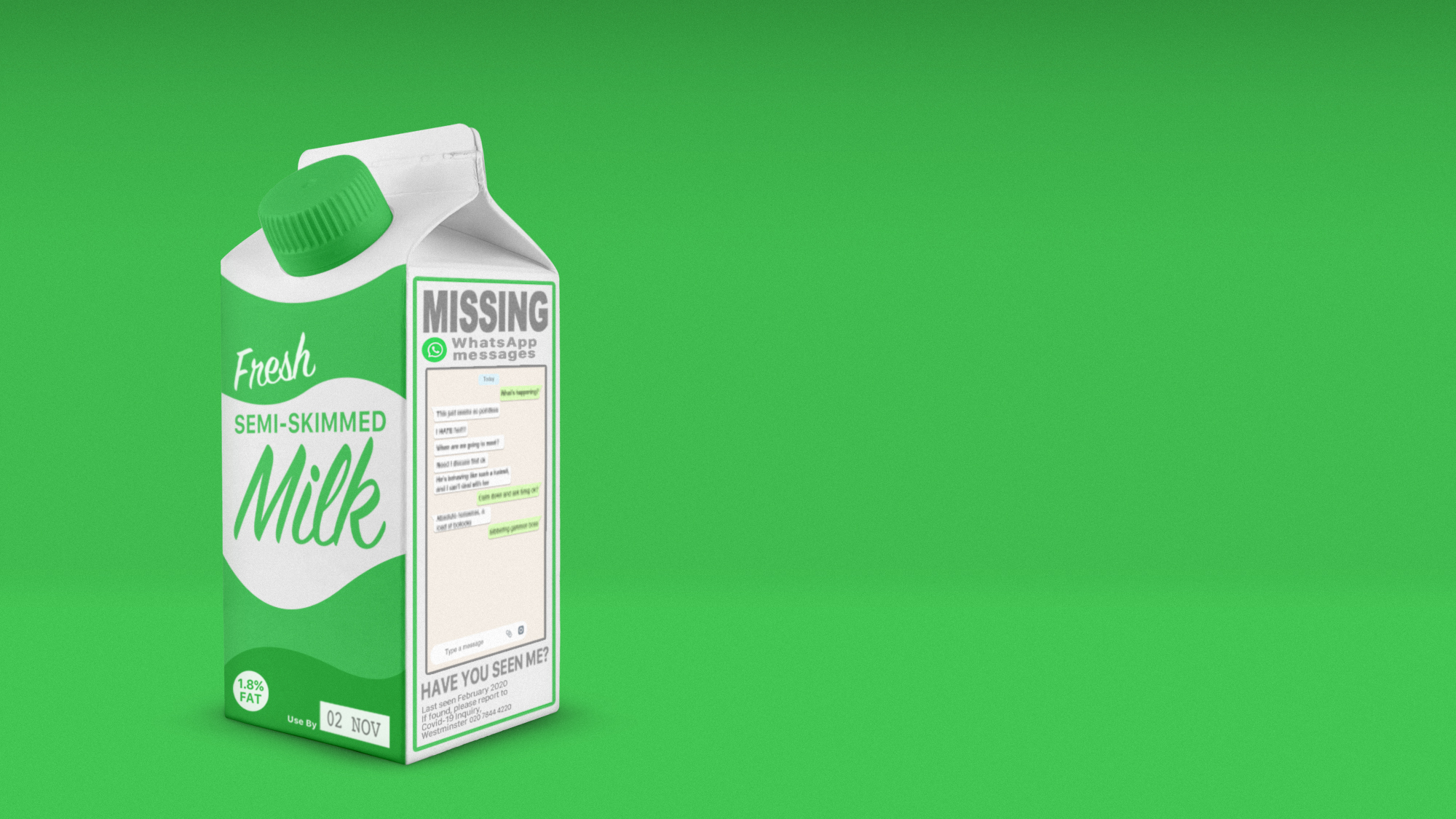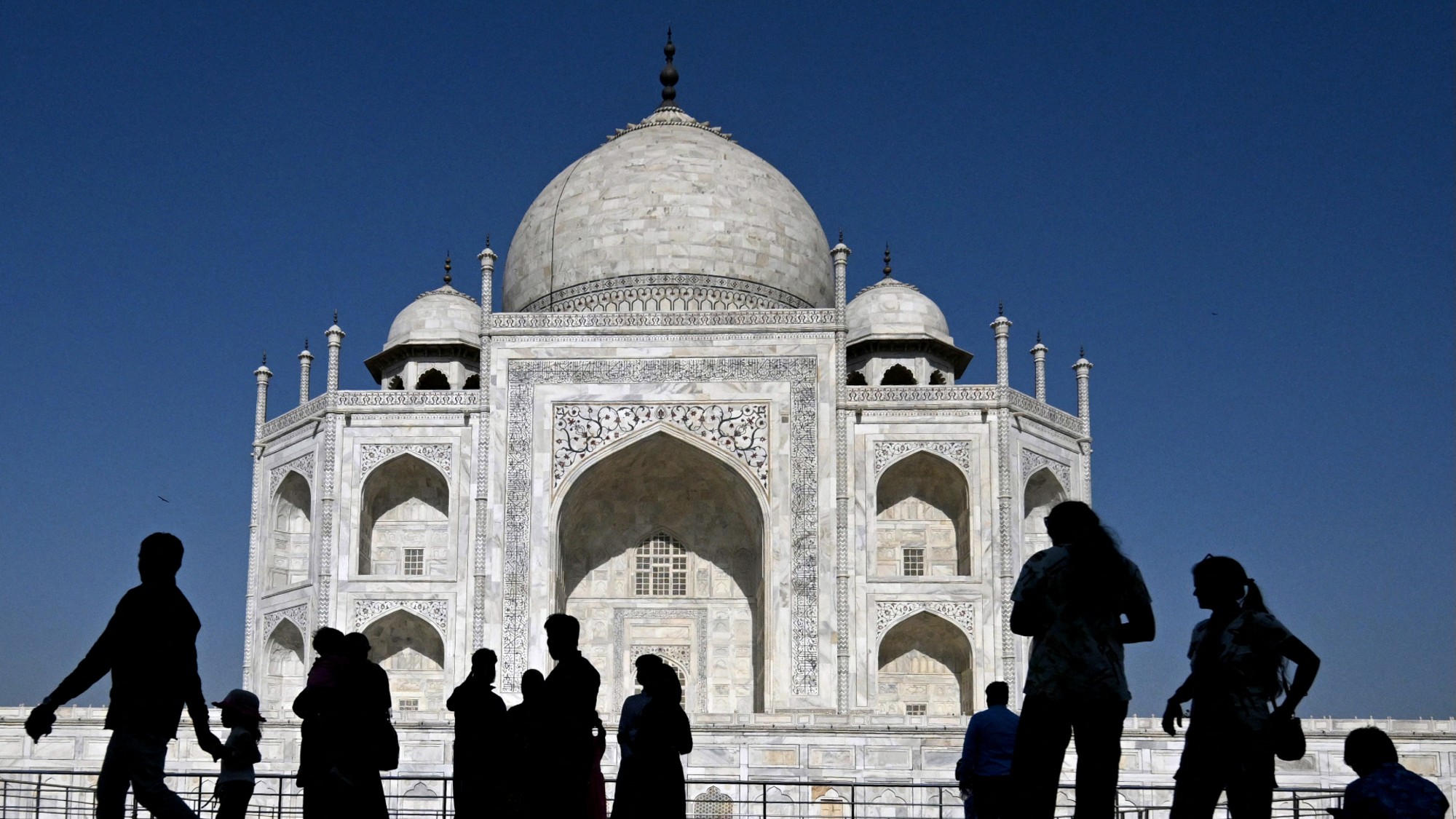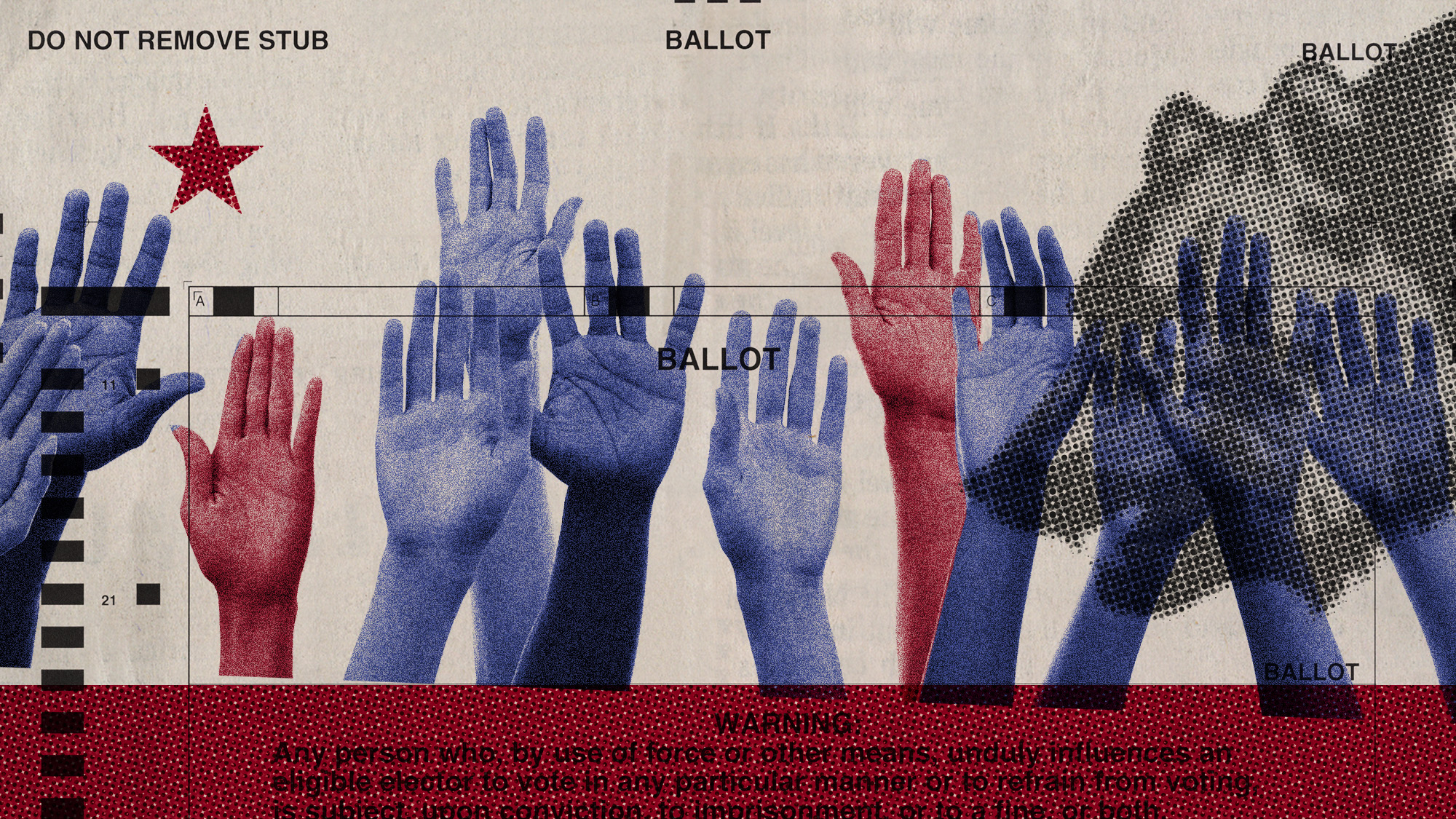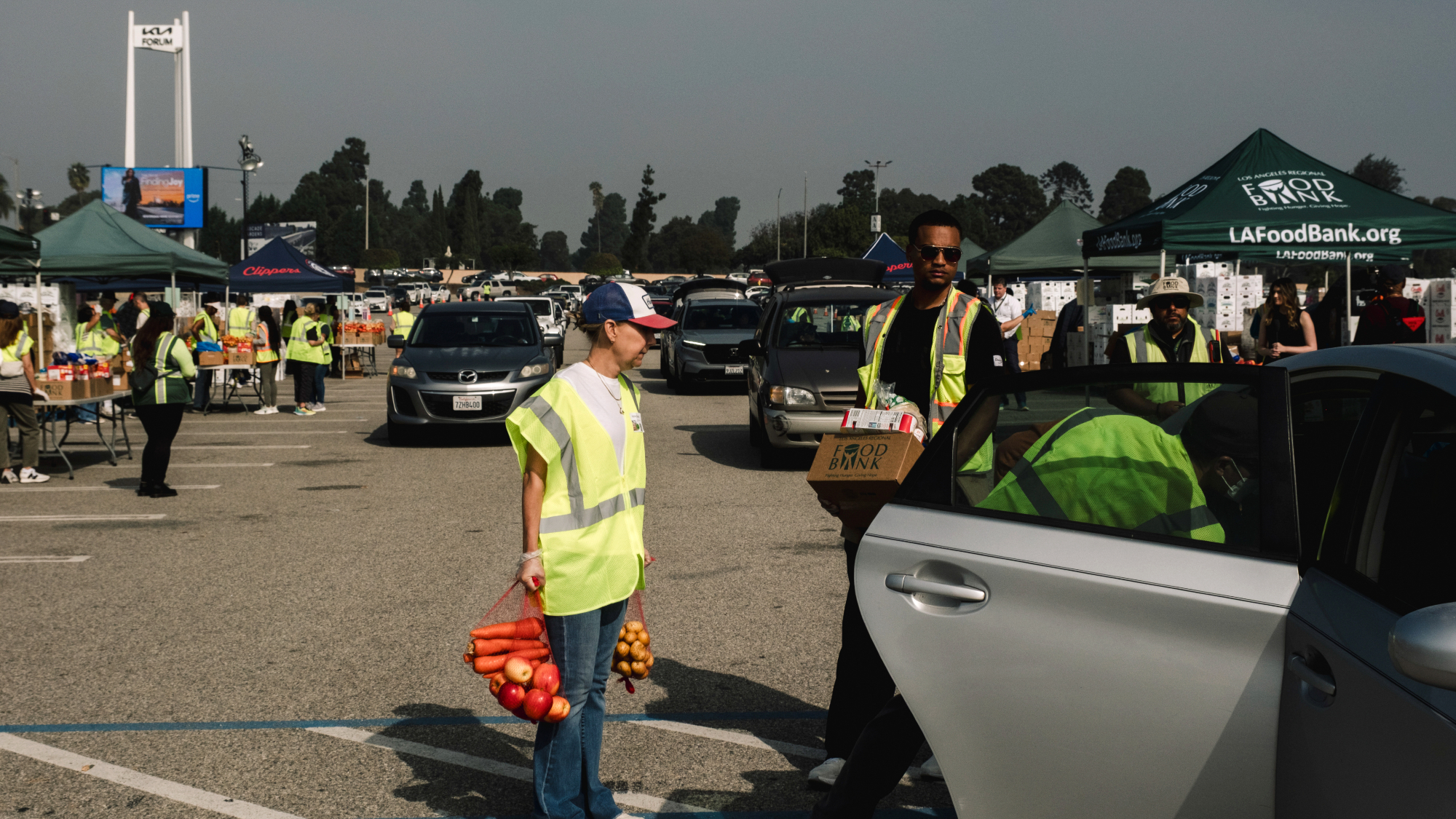The curious case of the vanishing Westminster WhatsApps
Revelations from Covid inquiry 'reopen big questions about government transparency in the digital age'

A free daily email with the biggest news stories of the day – and the best features from TheWeek.com
You are now subscribed
Your newsletter sign-up was successful
The revelation that one of Boris Johnson's top aides set messages in a key Covid WhatsApp group to "disappear" only weeks after the former PM promised a public inquiry into the pandemic has led to calls for an overhaul of how government works.
Giving evidence to the Covid inquiry on Monday, Martin Reynolds, Johnson's principal private secretary, said he could not "exactly recall why I did so" but stated it was not to prevent the public from seeing the messages.
Following reports that Whitehall's most senior civil servant, Cabinet Secretary Simon Case, also uses a deletion timer, the furore has "reopened big questions about government transparency in the digital age", Politico reported. And "in particular, the increasing use of the 'disappearing messages' function on WhatsApp by senior officials, political advisors and ministers".
The Week
Escape your echo chamber. Get the facts behind the news, plus analysis from multiple perspectives.

Sign up for The Week's Free Newsletters
From our morning news briefing to a weekly Good News Newsletter, get the best of The Week delivered directly to your inbox.
From our morning news briefing to a weekly Good News Newsletter, get the best of The Week delivered directly to your inbox.
'Problematic in terms of transparency and accountability'
It is believed disappearing messages have become more popular since the government lost its legal fight with the Covid inquiry, with "about half the Cabinet" now using a deletion timer, a government official told Politico.
No.10 has confirmed that government officials are "permitted" to disappear their WhatsApp messages "amid concern it has become common practice among ministers and their special advisers", said The Independent.
The Cabinet Office put it more bluntly. "It has never been the case that every phone call, Post-it note or electronic message must be preserved. This would be expensive, excessive and burdensome."
Inside government, said The Times, "the pandemic is identified both as the clearest example of a time when WhatsApp became, by necessity, a crucial part of decision-making and as the moment which entrenched its use beyond the pandemic".
A free daily email with the biggest news stories of the day – and the best features from TheWeek.com
The Covid inquiry has revealed what many in Westminster already knew, that "much of government is now being run on WhatsApp", said Marie Le Conte for i news, which is, "at risk of stating the obvious, a worry".
She went on: "Like frogs in gently warming water, Westminster denizens have come to let the messaging app dominate their lives."
"It's problematic in terms of transparency and accountability, not least when politicians are starting to automatically delete their messages after a certain number of days," said Chris Stokel-Walker, a tech journalist and author.
'A new manifestation of an old problem'
WhatsApp is "undeniably useful", said Tim Durrant, who has examined the role of the app in Westminster for the Institute for Government. "It enables quick communication, [and] can help ministers cut through bureaucracy", but also "risks transparency and scrutiny". Perhaps more importantly it is, he said, "a bad way to make important decisions" that does not allow for detail or nuance.
There is another train of thought that the pervasive use of WhatsApp is merely the logical conclusion of centuries of British politics.
"It's a very new manifestation of an old problem", Alice Lilly, also from the Institute for Government, told Le Conte.
"There's always been informal decision-making and informal chats," she said, but whereas before these may have taken place in a corridor or a tea room, now they take place on the app.
This means that "attempts to ban or heavily curtail its use in Westminster would only appear to fix the problem, instead of actually solving it", concluded Le Conte.
"In short: WhatsApp is probably more symptom than illness."
-
 Democrats push for ICE accountability
Democrats push for ICE accountabilityFeature U.S. citizens shot and violently detained by immigration agents testify at Capitol Hill hearing
-
 The price of sporting glory
The price of sporting gloryFeature The Milan-Cortina Winter Olympics kicked off this week. Will Italy regret playing host?
-
 Fulton County: A dress rehearsal for election theft?
Fulton County: A dress rehearsal for election theft?Feature Director of National Intelligence Tulsi Gabbard is Trump's de facto ‘voter fraud’ czar
-
 Trump reclassifies 50,000 federal jobs to ease firings
Trump reclassifies 50,000 federal jobs to ease firingsSpeed Read The rule strips longstanding job protections from federal workers
-
 Gavin Newsom and Dr. Oz feud over fraud allegations
Gavin Newsom and Dr. Oz feud over fraud allegationsIn the Spotlight Newsom called Oz’s behavior ‘baseless and racist’
-
 ‘The economics of WhatsApp have been mysterious for years’
‘The economics of WhatsApp have been mysterious for years’Instant Opinion Opinion, comment and editorials of the day
-
 A running list of the US government figures Donald Trump has pardoned
A running list of the US government figures Donald Trump has pardonedin depth Clearing the slate for his favorite elected officials
-
 ‘These attacks rely on a political repurposing’
‘These attacks rely on a political repurposing’Instant Opinion Opinion, comment and editorials of the day
-
 A crowded field of Democrats is filling up the California governor’s race
A crowded field of Democrats is filling up the California governor’s raceIn the Spotlight Over a dozen Democrats have declared their candidacy
-
 Asylum hotels: everything you need to know
Asylum hotels: everything you need to knowThe Explainer Using hotels to house asylum seekers has proved extremely unpopular. Why, and what can the government do about it?
-
 SNAP aid uncertain amid court rulings, politics
SNAP aid uncertain amid court rulings, politicsSpeed Read Funding for additional SNAP benefits ran out over the weekend